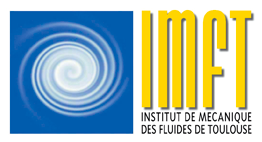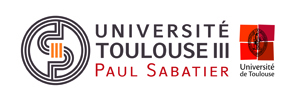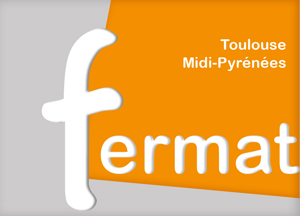Offre de stage M2 / Ingénieur : Modélisation de laboratoire des courants de turbidité - Laboratory modelling of turbidity currents
The main objective of this training program is to investigate the erosion / deposition processes occurring in the case of turbidity currents originating from a continuous injection of a particles into a fluid at rest (different from the lock-release configuration). Preliminary studies have already been done in the experimental facility available at IMFT: a 500L suspension of particles can be injected at various inflow rates, over an inclined slope into a 1000L water tank at rest with outlets mimicking open boundary conditions. An example of data obtained from shadowgraph imaging of the experiment is presented in Figure 1(c). The particles are injected from the left-side of the image, some are transported across the image while other can deposit at the bottom. The global dynamics of PLGC in this context will be investigated with a parametric study over varying inflow and slope properties mainly.
During the training program, the person recruited will have the opportunity to run experiments into this unique facility, and to make measurements with various optical and acoustic techniques commonly used at IMFT. The analysis of the dataset obtained, as well as other available dataset, will be an important part of the program.
We seek candidates motivated by laboratory studies, and with some interest into data analysis. Skills in programming with Python will be appreciated, although not mandatory.
Durée / période : 5-6 mois à partir de Février, flexible selon exigence formation Master 2.
Lieu du stage IMFT
Candidature [CV, lettre de motivation, références] à envoyer à :
Matthieu Mercier (CR CNRS / IMFT)
- Laurent Lacaze (CR CNRS / IMFT)
Cyril Gadal, Post- Doctorant





